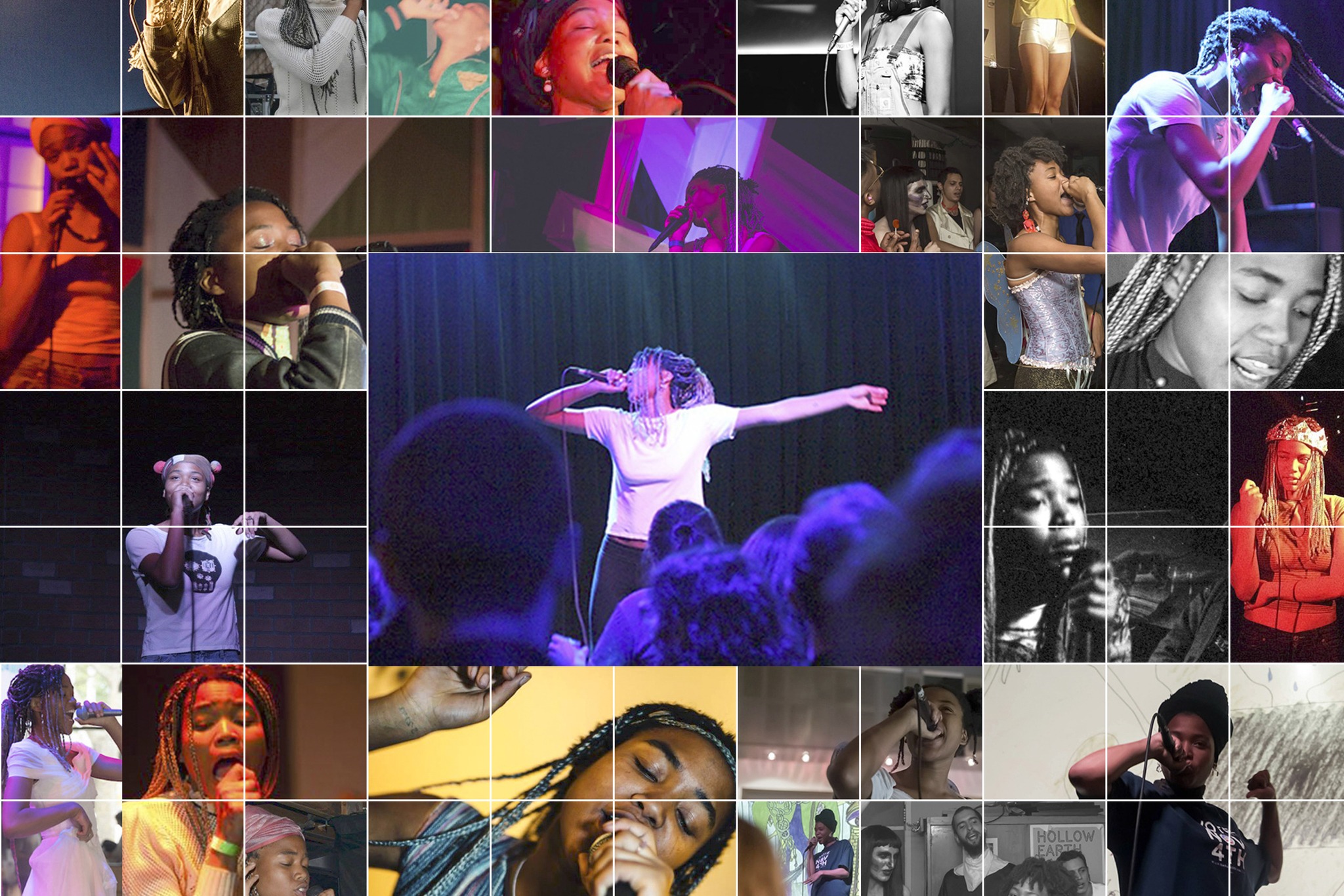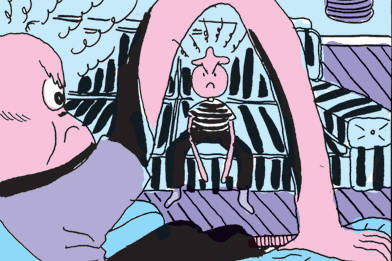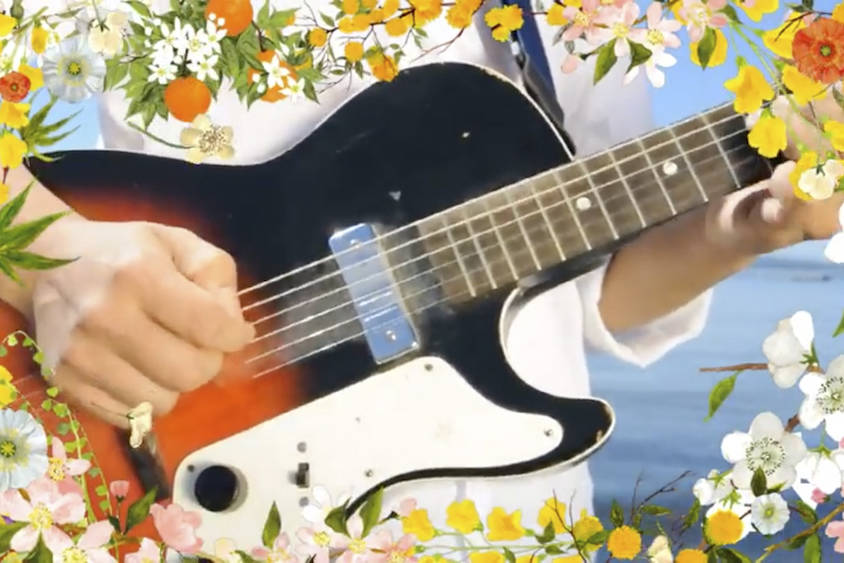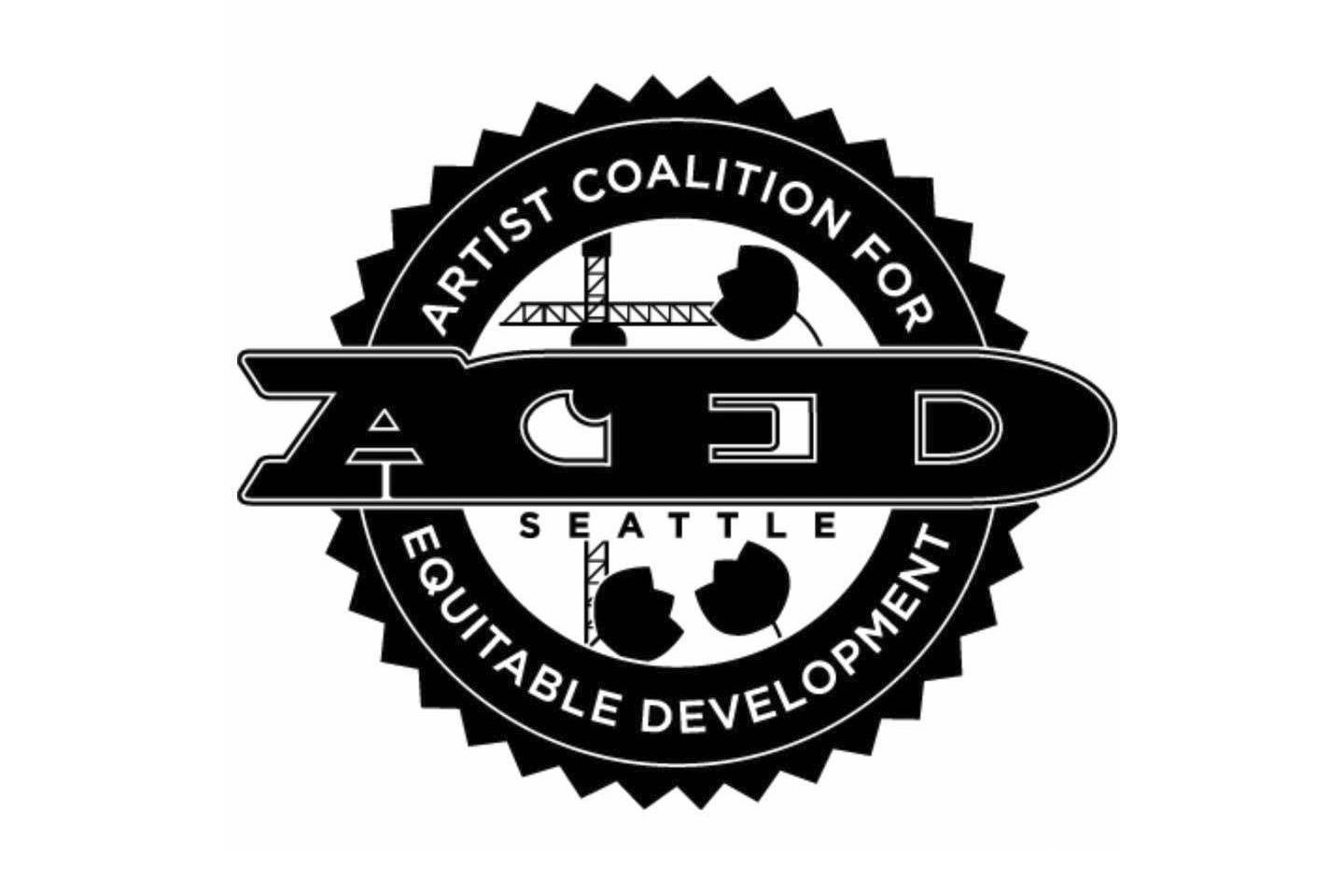One of the more fundamental tactics that musicians and bookers utilize to drive attendance to shows is scarcity. In the world of live music, less is more.
The theory goes like this: The more often an act performs in a given market, the more likely it is to dilute their draw at each show. If, on the other hand, a performer plays shows very rarely in a market—say, one big gig every two or three months—the odds the show gets packed out with fans eager for any chance to see them goes up. Many performers self-enforce this rule, purposefully spacing out hometown shows to make each feel more special and, consequently, drive up ticket sales. Festivals and larger venues codify the concept into their artist contracts under the banner of “blackout dates.” By agreeing to play a festival like Bumbershoot or a sizable venue like The Showbox, the artist also agrees not to play any shows within a certain time frame in the larger Seattle market.
“There were a lot of people who wanted to do blackouts, like a month or two,” says Seattle rapper DoNormaal, aka Christianne Karefa-Johnson, of her 2016. “I just said no to all those things.”
She laughs.
“I never lost out on shows because of it,” she says, expounding on her approach to booking while drinking a beer in a bar near her Ballard apartment. “Even festivals—I played shows through all the festivals I performed at this year. They wrote blackouts in the contract… but, you know, nobody followed up. I have my own vision for how to get my music out there. I trust in the music—that the music is good enough that I don’t have to worry about a strategy or what the industry says you’re supposed to do. A lot of people put fear into artists by saying ‘Well, if you do this thing or go this way, you could fuck it up.’ But as long as you don’t quit, if you’re true to your vision, I don’t think you can really fuck it up.”
In local music, 2016 was defined largely by the staggering omnipresence of DoNormaal, an artist who spent the year setting fire to the oversaturation myth while simultaneously uniting large, typically siloed cross-sections of the local music community behind her.
It all began in November 2015 when she released Jump or Die, a brilliantly surreal debut full-length that, as its title suggests, was about an ultimatum she gave herself: With its release, she would either go all in on her dreams of becoming a musician, or she would suffer something like a spiritual death. “If they’re not gonna give it to me I could take it/Got all this sadness in my brain I could forsake it,” she raps in the first verse of the album’s opening track, “Wide Awake.”
But, very quickly, people did give it to DoNormaal. “When Jump or Die came out, I just started getting a lot of booking requests,” she says. “I was in a place where I needed something in my life that felt really good, and performing felt really good. I was kind of over my job, landscaping. I was just down, and performing got me up.”
So DoNormaal added another clause to her ultimatum: For every booking request that came her way in 2016, “if I was free and it seemed like a cool show and I legitimately wasn’t out of town or something, yeah, I did it. I told myself I wouldn’t say no, ever.”
By the end of 2016, DoNormaal will have played 97 shows this year. She’s played at nearly every local venue, art loft, dingy house basement, gallery, outdoor stage, dance club, bar, and festival one can imagine, while sharing the stage with a wide array of acts that has included rappers, punk bands, industrial noise acts, electronic producers, pop artists, goths, and indie bands. Only three of those shows (one in Portland and two in Bellingham) were not in Seattle. That’s partly because she doesn’t have a car. To get from Ballard to all her landscaping sites and performance gigs, most of the time she rode the bus.
DoNormaal admits that the all-in performance approach was slow to start. “When I started out, there was show after show where nobody came,” she says. “But that’s not a losing situation to me. I get to perform and let out whatever I want to let out, and that’s good for me.”
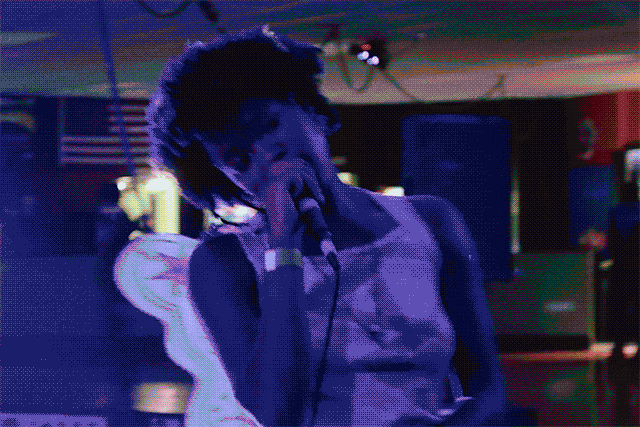
DoNormaal’s performance at Southgate Roller Rink last month. GIF by Sofia Lee
In this way, she would quickly develop a style of performance that would come to define her shows this year—no matter how large or small the audience or how familiar it is with her live performances, a DoNormaal show feels intensely, disarmingly personal. Part of this can be attributed to her lyrics: lucid descriptions of real dreams she’s had; ruminations on family both living and dead; candid details of self-doubt, depression, and anxiety; and the laying bare of her cosmologies and innermost hopes. It might also be her tendency to look you right in the eyes when she performs—one way she learned to galvanize those small audiences. With only a laptop and a microphone at her disposal, without fail, she can render even the stiffest of concertgoers vulnerable.
“I think people in Seattle are a little bit reserved when they go see music,” she says, “but on the other side of that, Seattle crowds genuinely love music. You don’t need a whole lot of sparks and props and pizazzle. They are really open and really visibly moved when you’re just fully yourself onstage.”
At a High Dive gig in April, she joined local punk bands Mommy Long Legs and Casual Hex for a particularly vivid show. She says she took to the stage while tripping on psychedelic mushrooms and acid, and that during her performance of Jump or Die’s triumphant title track, she began crying. “I was smiling … at first I was kind of embarrassed,” she says. “But then when I looked out at the crowd, people were crying too. They were looking at me and letting me know it was OK, like ‘I get it.’ That was so special, it was such a genuine moment with those people.”
Rather than hurt her draw, the frequent shows only expanded and stabilized her audience from night to night. A growing web of artists and friends formed tight community with her and her partner, fellow performer Raven Matthews—groups like 69/50, Lifetime Supply Club, and Stay Happy Collective, which hosted regular performance nights of their own.
The booking requests started snowballing, and, as you can imagine, things got pretty busy. “I’d get booking requests on my artist Facebook page, my personal Facebook page, Instagram, Twitter, text, in person, e-mail, just all angles,” she says. “To keep it organized, I’d usually put all the dates in my phone. Every once in a while, I’d see an empty date in my phone and go ‘Fuck, how am I going to figure out what’s going on that day…’” More than once she saved herself from forgetting a show by Googling her name and the date.

DoNormaal at June’s Block Party at the Station. GIF by Sofia Lee
Without fail, at least once or twice a month, she would end up playing two shows in one night. More than once this year, she played three separate gigs in one day. All of this, mind you, on top of her physically demanding landscaping job. The devotion to her artistry quickly began to take on an athletic tint.
“I felt so in-shape,” she laughs, “at the end of one of those three-show days, I remember being so sweaty, just drenched when I got offstage. People came up and wanted to shake hands and hug after, and I was like, ‘Uh-uh, not right now.’ ” When she wasn’t performing or working, all she wanted to do was go online, watch a movie, and sleep. “All I had the energy for was being at home or going to eat somewhere in the neighborhood with Raven.”
With 2017 on the horizon, DoNormaal says she’ll definitely be slowing down. But “slowing down” is relative—“Maybe only one show a week next year?” she says. Only recently has she started asking “Is this a paid gig?” when she gets a request. Three months ago she was able to quit her day job to focus on her music full-time, supported, in part, by her income from all those performances and a once-a-week babysitting gig. She sees a lot more studio time in the near future. “Jump or Die feels stale to me now,” she says. “I have so much pent-up creative energy, I have a lot of new songs I want to record. I feel like I’ve lived that life, working and performing all the time, and now I’m ready to change it up.”
But according to her, all the hustle was worth it. Each show is a badge of honor. “As a performer, it’s like catching Pokémon,” she says. “You know, with shows, it’s like, ‘Gotta Catch ’Em All.’ If I can catch ’em, I’m gonna catch ’em.”
If there’s one indisputable thing about 2016, it’s that DoNormaal earned loads of XP.
ksears@seattleweekly.com
